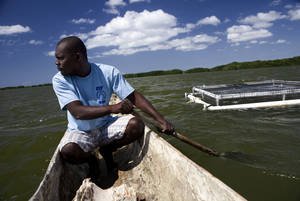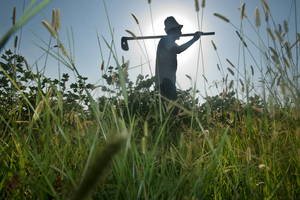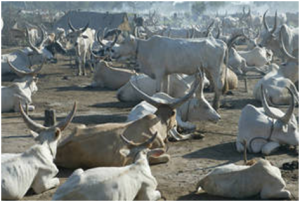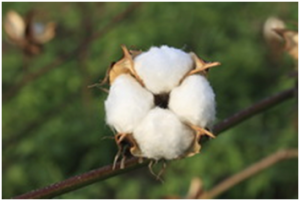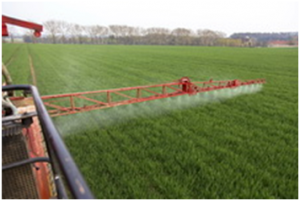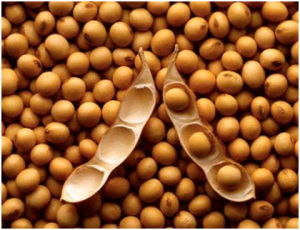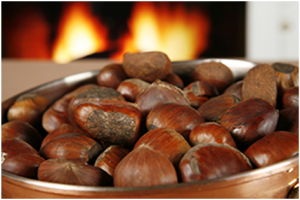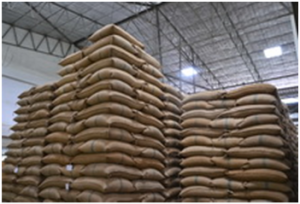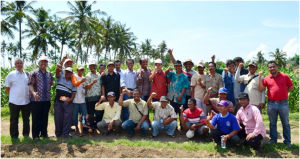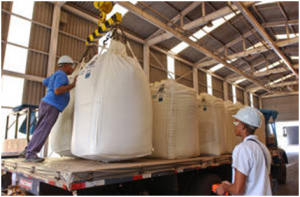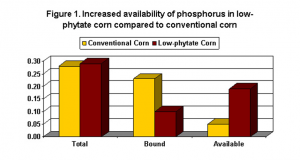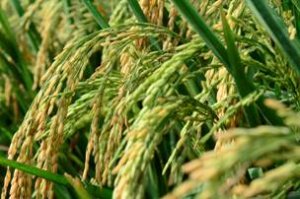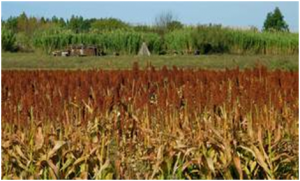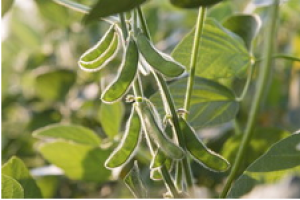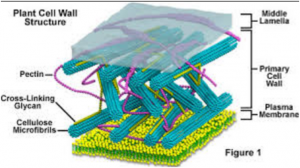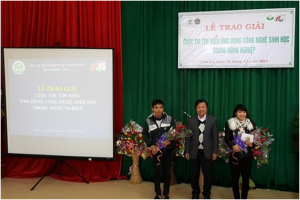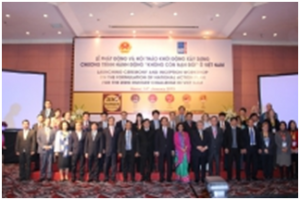|
Climate-smart agriculture profiles: Successes, lessons and new frontiers
Sunday, 2018/06/03 | 06:11:09
|
|
CIAT News by Maria Eliza Villarino | May 16, 2018
Figure: Dr. Evan Girvetz, a senior scientist at CIAT, speaks during a national stakeholder workshop on climate risk profiling held in Nairobi, Kenya. Photo by: Georgina Smith / CIAT.
Over the last few years, CIAT, under the CGIAR Research Program on Climate Change, Agriculture, and Food Security, or CCAFS, has been promoting climate-smart agriculture, a set of practices that can boost farming yields, while enabling farmers to adapt to climate change and, where appropriate, reduce greenhouse gas emissions. Developing climate-smart agriculture (CSA) profiles for countries in Asia, Africa, and Latin America forms part of this effort.
The profiles offer a comprehensive overview of a country’s agricultural sector, including the kinds of crops grown, the types of inputs used, and the farming systems there. They present key challenges posed by climate change and the impacts it might have on the agricultural sector. They then suggest specific interventions that could address those challenges and outline financing opportunities for CSA.
To date, there are more than 20 CSA country profiles, with many more in the pipeline.
So what has the CSA profiling project achieved so far? We spoke with Evan Girvetz, who has been leading the project, about the biggest takeaways from and the future of the initiative.
The bottom line is that we need to find ways to reduce the risk in our food systems to unlock financing and investment for agricultural transformation. These profiles can provide some of the information needed to help do this.
See more: http://blog.ciat.cgiar.org/climate-smart-agriculture-profiles-successes-lessons-and-new-frontiers/ |
|
|
|
[ Other News ]___________________________________________________
|


 Curently online :
Curently online :
 Total visitors :
Total visitors :
(52).png)
